August 21 stands as one of history’s most eventful days, witnessing the rise and fall of empires, groundbreaking discoveries, and moments that shaped our modern world across centuries of human achievement.
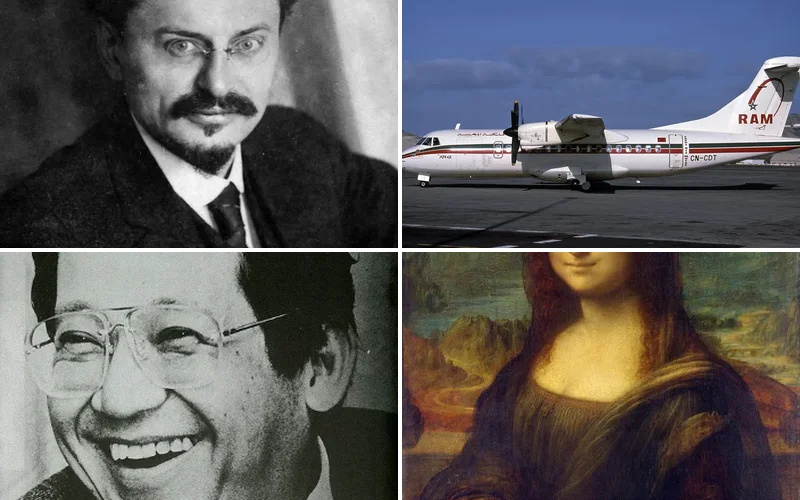
Politics and Government Events on August 21
1959 – Hawaii Becomes America’s 50th State
President Dwight D. Eisenhower signed an executive order proclaiming Hawaii as the 50th state of the union. This historic moment marked the culmination of decades of territorial status for the Pacific archipelago.
The admission transformed Hawaii from a strategic military outpost into a full participant in American democracy. Hawaii Admission Day continues to commemorate this pivotal moment in American expansion.
1991 – Latvia Declares Independence from Soviet Union
Latvia boldly declared the renewal of its full independence after five decades of Soviet occupation. The Baltic nation joined the wave of independence movements sweeping across Eastern Europe.
This decisive action helped accelerate the collapse of the Soviet empire. Latvia’s courage inspired other Soviet republics to pursue their own paths to freedom.
1965 – Socialist Republic of Romania Proclaimed
Romania officially proclaimed itself a Socialist Republic following the adoption of a new constitution. The transformation marked a significant shift in the nation’s political structure and international alignment.
This constitutional change reflected the communist government’s consolidation of power. The new republic would endure for nearly three decades until the 1989 revolution.
1968 – Romania Condemns Warsaw Pact Invasion
Nicolae Ceaușescu publicly condemned the Soviet-led Warsaw Pact invasion of Czechoslovakia. The Romanian leader encouraged his population to arm itself against possible Soviet reprisals.
This bold stance against Moscow demonstrated Romania’s growing independence within the communist bloc. Ceaușescu’s defiance elevated his status both domestically and internationally.
1944 – Dumbarton Oaks Conference Begins
The Dumbarton Oaks Conference commenced as a crucial prelude to establishing the United Nations. World leaders gathered to design the framework for post-war international cooperation.
These negotiations laid the groundwork for global peacekeeping institutions. The conference’s decisions would shape international relations for generations to come.
Military and Naval History on August 21
1914 – Battle of Charleroi Begins
German forces launched a successful attack across the River Sambre during the Battle of Charleroi. This strategic offensive pre-empted French plans for their own assault in the same region.
The victory demonstrated German military superiority in the early stages of World War I. The battle forced French armies into a strategic retreat toward Paris.
1918 – Second Battle of the Somme Commences
Allied forces initiated the Second Battle of the Somme in a massive offensive against German positions. This engagement marked a crucial phase in the final year of World War I.
The battle demonstrated improved Allied coordination and tactics. Victory here would contribute significantly to Germany’s eventual surrender.
1942 – Battle of the Tenaru Victory
American forces defeated a fierce attack by Imperial Japanese Army soldiers in the Battle of the Tenaru. This victory proved crucial to maintaining Allied control of Henderson Field on Guadalcanal.
The successful defense marked a turning point in the Pacific theater. American forces demonstrated their ability to withstand determined Japanese assaults.
1944 – Allied Forces Capture Falaise
Canadian and Polish units captured the strategically important town of Falaise in France. This victory helped close the Falaise Pocket, trapping thousands of German troops.
The capture accelerated the liberation of France following the D-Day landings. Allied coordination proved decisive in this crucial Norman campaign.
1982 – Multinational Force Arrives in Beirut
The first troops of a multinational peacekeeping force landed in Beirut during the Lebanese Civil War. Their mission focused on overseeing the Palestine Liberation Organization’s withdrawal from Lebanon.
This intervention attempted to stabilize the volatile Middle Eastern conflict. The peacekeeping effort faced numerous challenges in the complex Lebanese situation.
Science and Discovery Milestones on August 21
1945 – Demon Core Criticality Accident
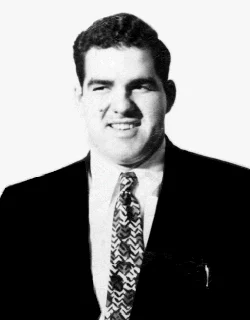
Physicist Harry Daghlian suffered fatal radiation exposure in a criticality accident with the Demon core at Los Alamos. This tragic incident highlighted the extreme dangers of nuclear research.
The accident led to improved safety protocols in nuclear facilities worldwide. Daghlian’s death served as a sobering reminder of atomic energy’s destructive potential.
1957 – First ICBM Test Flight
The Soviet Union successfully conducted a long-range test flight of the R-7 Semyorka intercontinental ballistic missile. This achievement marked the dawn of the ICBM era.
The successful test demonstrated Soviet technological capabilities during the Cold War. This advancement would reshape global military strategy and international relations.
1991 – NASA Loses Contact with Mars Observer
NASA lost contact with the Mars Observer spacecraft just before its scheduled orbit insertion. The mission failure represented a significant setback for Mars exploration efforts.
The loss highlighted the challenges of deep space exploration. NASA would apply lessons learned to future Mars missions with greater success.
2017 – Total Solar Eclipse Crosses America

A total solar eclipse traversed the continental United States from coast to coast. Millions of Americans witnessed this rare celestial phenomenon firsthand.
The eclipse provided valuable scientific data about solar corona behavior. This natural spectacle united the nation in shared wonder and scientific curiosity.
Cultural and Arts Events on August 21
1911 – Mona Lisa Stolen from Louvre
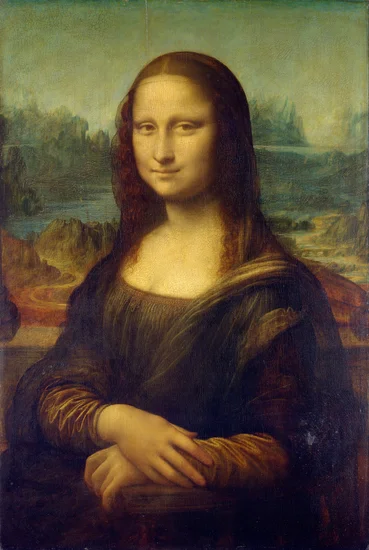
Vincenzo Peruggia, a Louvre employee, stole Leonardo da Vinci’s Mona Lisa from the museum. The theft shocked the art world and launched a massive international manhunt.
The missing masterpiece gained unprecedented global attention during its two-year absence. The eventual recovery and return elevated the painting’s iconic status even further.
Religious and Social Events on August 21
1963 – Buddhist Pagoda Raids in South Vietnam

South Vietnamese Special Forces loyal to President Ngo Dinh Diem’s brother raided Buddhist pagodas nationwide. The brutal crackdown arrested thousands of monks and civilians.
The raids intensified religious tensions and anti-government protests. International condemnation of the violence weakened American support for the Diem regime.
1901 – American Teachers Arrive in Philippines
Six hundred American school teachers, known as Thomasites, arrived in Manila aboard the USAT Thomas. These dedicated educators came to establish a modern public school system.
The Thomasites introduced English-language education throughout the Philippines. Their efforts fundamentally transformed Filipino society and culture for generations.
1968 – First African American Marine Receives Medal of Honor

James Anderson Jr. posthumously received the first Medal of Honor awarded to an African American U.S. Marine. This recognition acknowledged his heroic sacrifice in Vietnam.
The honor represented a significant milestone in military integration. Anderson’s courage inspired future generations of African American service members.
Business and Economic Events on August 21
1986 – Lake Nyos Disaster in Cameroon
Carbon dioxide gas erupted from volcanic Lake Nyos in Cameroon, killing up to 1,800 people. The natural disaster devastated local communities and livestock within a 20-kilometer radius.
The tragedy highlighted the dangers of volcanic lakes in populated areas. International scientific cooperation emerged to prevent similar disasters worldwide.
1988 – Devastating Nepal Earthquake
A magnitude 6.9 earthquake struck the Nepal-India border region with severe intensity. The disaster claimed between 709 and 1,450 lives while injuring thousands more.
The earthquake exposed the vulnerability of Himalayan communities to seismic activity. International aid efforts helped rebuild affected regions over several years.
1983 – Benigno Aquino Jr. Assassinated
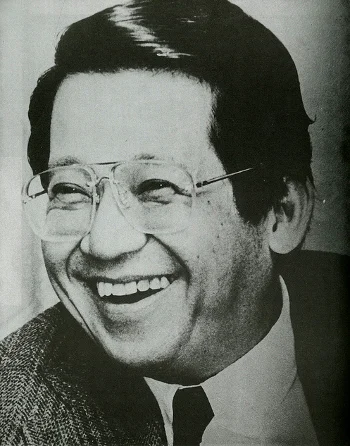
Philippine opposition leader Benigno Aquino Jr. was assassinated at Manila International Airport. His murder shocked the nation and galvanized opposition to the Marcos regime.
The assassination sparked massive protests and international condemnation. Aquino’s death ultimately led to the People Power Revolution and democratic restoration.
Transportation and Infrastructure on August 21
1994 – Royal Air Maroc Flight 630 Crashes
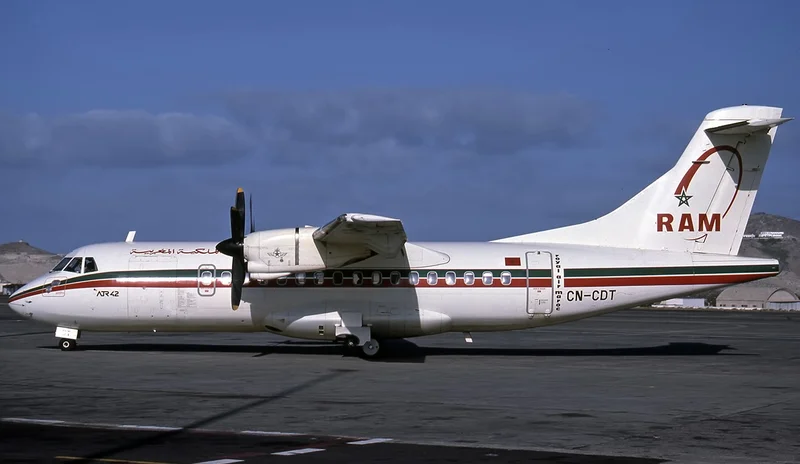
Royal Air Maroc Flight 630 crashed in Douar Izounine, Morocco, killing all 44 passengers and crew. The tragedy highlighted ongoing aviation safety concerns in developing nations.
Investigators worked to determine the cause of the fatal accident. The crash prompted renewed focus on international aviation safety standards.
1995 – Atlantic Southeast Airlines Flight 529 Emergency
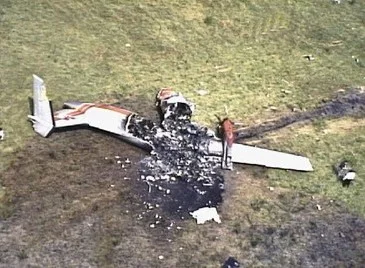
Atlantic Southeast Airlines Flight 529 attempted an emergency landing after left engine failure. The aircraft crashed near Carrollton, Georgia, killing nine of 29 aboard.
The partial survival rate demonstrated improvements in aircraft safety design. The incident led to enhanced emergency procedures for engine failures.
2013 – Chemical Weapons Attack in Syria

Hundreds of people were reportedly killed by chemical weapons attacks in Syria’s Ghouta region. The assault marked a horrific escalation in the Syrian civil war.
International condemnation followed the use of banned chemical weapons. The attacks prompted global discussions about intervention and accountability.
Sports and Recreation on August 21
2000 – Tiger Woods Wins PGA Championship

American golfer Tiger Woods captured the 82nd PGA Championship in dominant fashion. He became the first golfer since Ben Hogan in 1953 to win three majors in a single calendar year.
Woods’ victory demonstrated his exceptional talent and mental toughness. The achievement solidified his position as golf’s most dominant player.
1971 – Plaza Miranda Bombing
A bomb exploded during a Liberal Party campaign rally in Plaza Miranda, Manila. Several anti-Marcos political candidates were injured in the terrorist attack.
The bombing shocked the Philippine political establishment. The incident contributed to the declaration of martial law the following year.
1991 – Soviet Coup Attempt Collapses
The attempted coup against Soviet leader Mikhail Gorbachev collapsed after three days. Democratic forces and popular resistance defeated the hardline communist plotters.
The failed coup accelerated the Soviet Union’s final dissolution. Boris Yeltsin emerged as a hero of democratic resistance.
Notable Births on August 21
1904 – Count Basie, American Jazz Legend
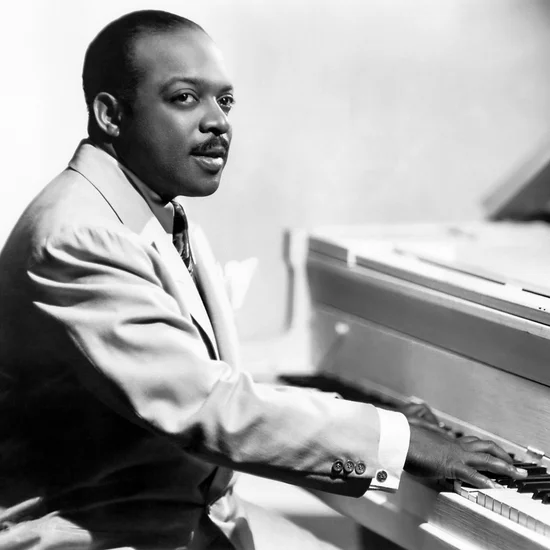
William James “Count” Basie was born in Red Bank, New Jersey. The future jazz pianist would revolutionize big band music with his distinctive swing style.
Basie’s orchestra became one of the most influential ensembles in jazz history. His innovative arrangements and leadership style shaped American popular music for decades.
1936 – Wilt Chamberlain, Basketball Giant
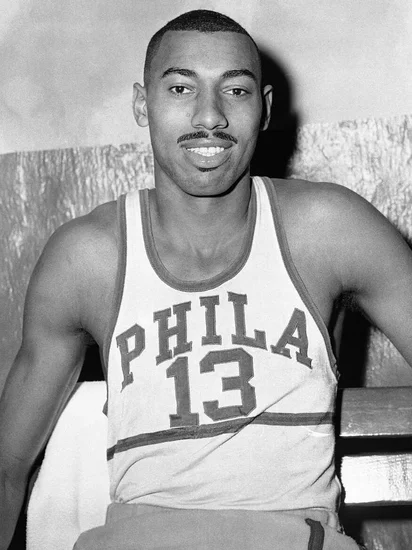
Wilton Norman Chamberlain was born in Philadelphia, Pennsylvania. The towering athlete would dominate basketball like no player before or since.
Chamberlain’s incredible scoring records and physical dominance transformed professional basketball. His legendary 100-point game remains an unmatched achievement in sports history.
1938 – Kenny Rogers, Country Music Icon

Kenneth Ray Rogers was born in Houston, Texas. The versatile singer would become one of country music’s most successful crossover artists.
Rogers’ smooth vocals and storytelling ability earned him international fame. His hits like “The Gambler” became cultural touchstones spanning multiple generations.
1930 – Princess Margaret, British Royal
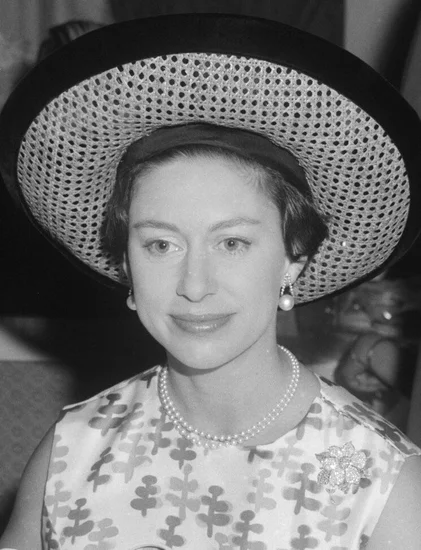
Princess Margaret Rose was born as the younger daughter of King George VI. She would become known for her glamorous lifestyle and turbulent personal relationships.
Margaret’s rebellious nature often clashed with royal protocol and expectations. Her romantic controversies frequently dominated British tabloid headlines throughout her life.
1986 – Usain Bolt, Sprinting Legend

Usain St. Leo Bolt was born in Sherwood Content, Jamaica. The future sprinter would become the fastest human in recorded history.
Bolt’s world records in the 100m and 200m elevated track and field to new heights. His charismatic personality and dominance made him a global sporting icon.
1973 – Sergey Brin, Google Co-founder
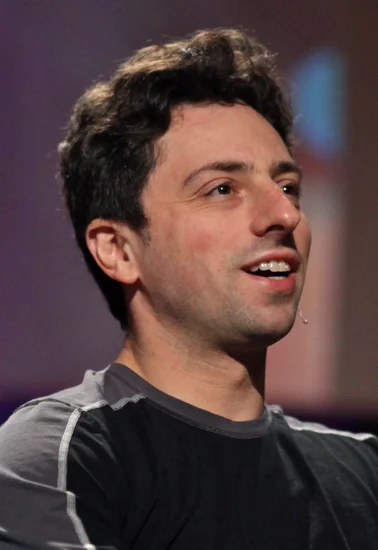
Sergey Mikhaylovich Brin was born in Moscow, Russia. The computer scientist would co-found Google and revolutionize internet search technology.
Brin’s innovative algorithms transformed how people access information worldwide. His work fundamentally changed the relationship between technology and human knowledge.
1958 – Steve Case, Internet Pioneer

Stephen McConnell Case was born in Honolulu, Hawaii. The entrepreneur would co-found America Online and help bring the internet to mainstream America.
Case’s vision of online communities preceded the social media revolution. His leadership at AOL introduced millions to the possibilities of digital communication.
1945 – Festus Mogae, Botswana President
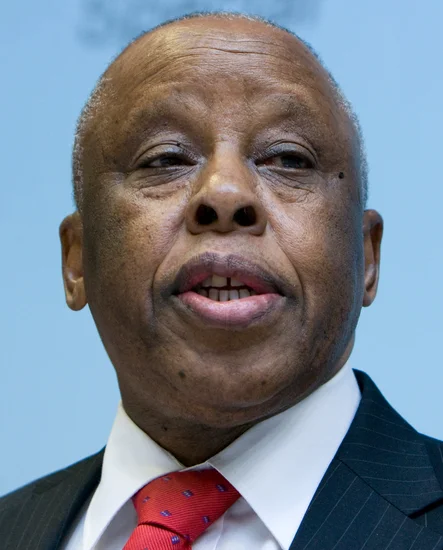
Festus Gontebanye Mogae was born in Serowe, Botswana. The economist would serve as Botswana’s third president and champion democratic governance.
Mogae’s leadership maintained Botswana’s reputation as Africa’s most stable democracy. His economic policies helped transform the nation into a middle-income country.
1963 – Mohammed VI, King of Morocco
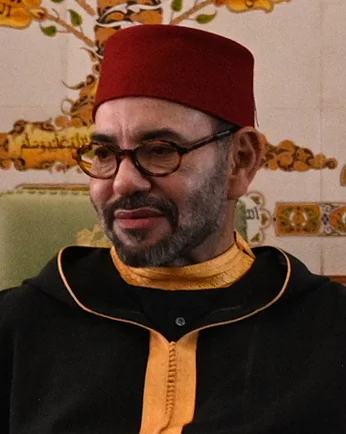
Mohammed ben al-Hassan was born in Rabat, Morocco. The future king would modernize Morocco while maintaining its traditional monarchy.
His reign has seen significant social and economic reforms. Mohammed VI’s leadership has positioned Morocco as a stable force in North African politics.
Notable Deaths on August 21
1940 – Leon Trotsky, Revolutionary Leader

Leon Trotsky, the Russian revolutionary and founder of the Red Army, died in Mexico City. The prominent Bolshevik leader was assassinated by a Soviet agent.
Trotsky’s death eliminated Stalin’s most dangerous political rival. His revolutionary theories continued to influence leftist movements worldwide despite his murder.
1983 – Benigno Aquino Jr., Philippine Opposition Leader
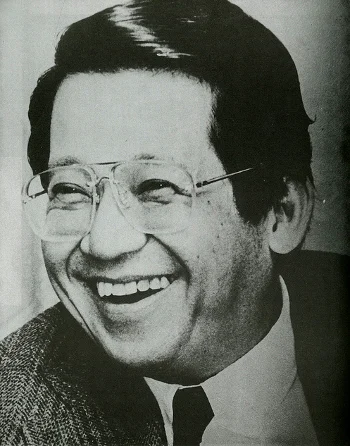
Benigno Simeon Aquino Jr. was assassinated at Manila International Airport upon returning from exile. The opposition leader’s murder shocked the Filipino nation.
Aquino’s death galvanized resistance to the Marcos dictatorship. His sacrifice inspired the People Power Revolution that restored Philippine democracy.
1995 – Subrahmanyan Chandrasekhar, Nobel Laureate

The Indian-American astrophysicist died in Chicago at age 84. Chandrasekhar’s groundbreaking work on stellar evolution earned him the Nobel Prize in Physics.
His research on white dwarf stars revolutionized astronomical understanding. The Chandrasekhar limit remains fundamental to stellar physics today.
2005 – Robert Moog, Electronic Music Pioneer

Robert Arthur Moog died in Asheville, North Carolina, at age 71. The inventor revolutionized music with his electronic synthesizer designs.
Moog’s instruments transformed popular music across multiple genres. His innovations made electronic music accessible to countless artists and composers.
1979 – Giuseppe Meazza, Italian Football Legend
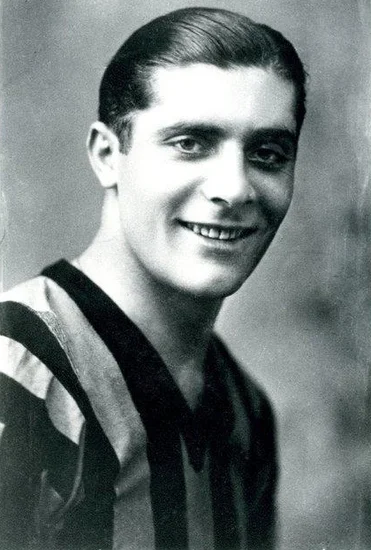
Giuseppe Meazza died in Monza, Italy, at age 69. The legendary footballer starred for Inter Milan and the Italian national team.
Meazza’s skill and goal-scoring ability made him one of football’s first global stars. Milan’s San Siro stadium bears his name in honor of his contributions.
1947 – Ettore Bugatti, Automotive Pioneer
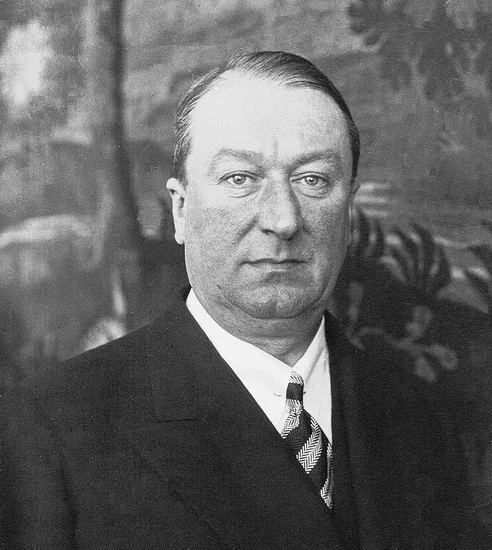
Ettore Arco Isidoro Bugatti died in Paris at age 65. The Italian-French engineer founded the legendary Bugatti automobile company.
Bugatti’s innovative designs combined engineering excellence with artistic beauty. His vehicles became synonymous with luxury and racing success.
2006 – Bismillah Khan, Indian Classical Musician
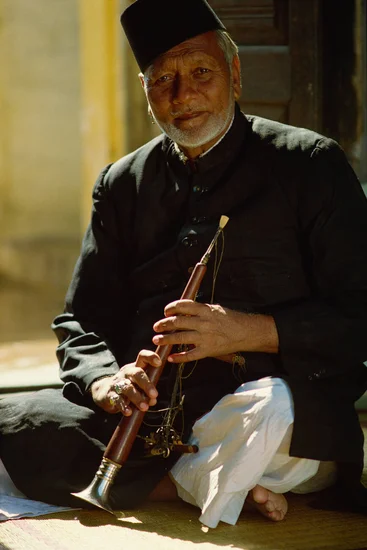
Ustad Bismillah Khan died in Varanasi, India, at age 90. The shehnai virtuoso was one of India’s most celebrated classical musicians.
Khan’s mastery elevated the shehnai from folk instrument to concert stage. His performances helped preserve and promote Indian classical music traditions.
1943 – Henrik Pontoppidan, Danish Nobel Laureate

Henrik Pontoppidan died in Ordrup, Denmark, at age 86. The journalist and author received the Nobel Prize in Literature in 1917.
Pontoppidan’s novels captured the essence of Danish society during rapid modernization. His realistic portrayals influenced Scandinavian literature for generations.
Holidays and Observances on August 21
Ninoy Aquino Day
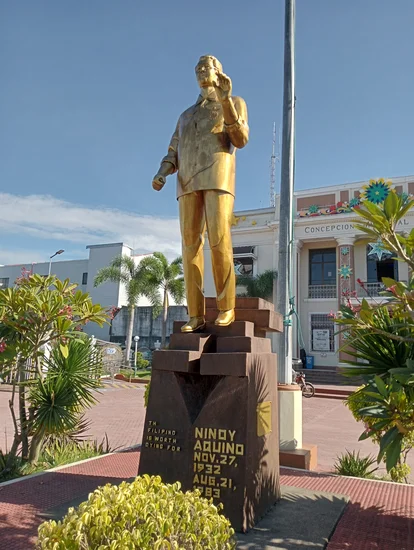
The Philippines observes Ninoy Aquino Day to honor the assassinated opposition leader. This national holiday commemorates his sacrifice for Philippine democracy.
The observance includes ceremonies at his memorial and reflections on democratic values. Schools and government offices remain closed to mark this solemn remembrance.
Youth Day in Morocco
Morocco celebrates Youth Day to honor young people’s contributions to society. The holiday emphasizes education, opportunity, and national development.
Special events highlight youth achievements and future aspirations. The observance reflects Morocco’s commitment to empowering its younger generation.
World Senior Citizens Day
This international observance recognizes the contributions and needs of elderly populations worldwide. Communities organize events to honor senior citizens’ wisdom and experience.
The day promotes awareness of aging issues and intergenerational solidarity. Various organizations advocate for elderly rights and improved care services.
